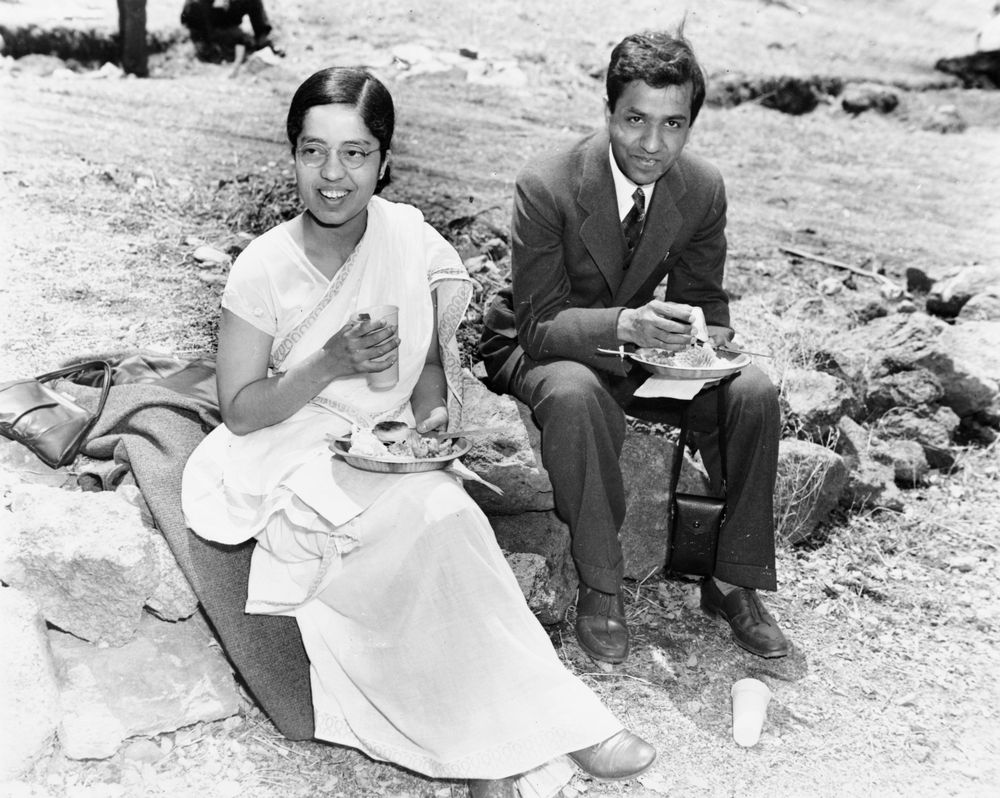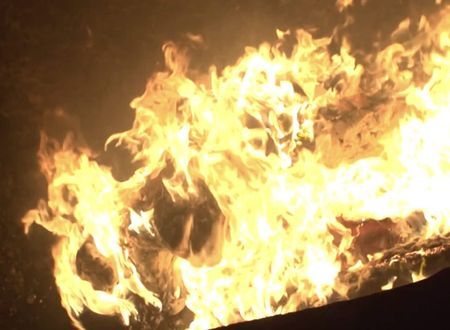In Delhi, one can easily find books sold on footpaths, often they are pirated but in 2014, during one of my first visits to this city, I bought a few books, of which one was original and became my absolute favorite, which inspired me in ways unimaginable. The book was: “S. Chandrasekhar: A man of science” by Radhika Ramnath.
S. Chandrasekhar( fondly called Chandra) was a Noble prize-winning physicist and nephew of the renowned physicist C.V Raman. He has been an idol for me during my teenage years, mainly because he was an Astrophysicist, who had a love for literature, and carried character traits and integrity of personality which I admire.

The man was a reserved, down-to-earth person, and didn’t speak much about himself. Whenever he was in a conversation with anyone, he took a pause, and then responded in crisp, clear sentences with no avenue for vocal disfluencies.
The same was with his writing. He used to write letters, and papers, with utmost precision leaving no chance of cut marks anywhere among his words. He was a literature enthusiast, and his love for words significantly inspired me to improve my literary skills as well.
I always wanted to read his book – ‘Truth and Beauty: Aesthetics and Motivations in Science’, which is a collection of scientific essays for the layman. However it is still unread by me because of its price in India, but the title of the book has become my catchphrase and I love and associate it with my pursuits in life for truth and beauty.
As he never wrote anything about himself or his exceptional scientific career, posthumously after his death, this book was released as a centenary edition to mark his hundredth birth anniversary, which has several essays on him by people who knew him closely. One of the essays is by the first and only love of his life, his wife- Lalitha Chandrasekhar.
They met in college, and she was the only female Science student there. She used to sit in front, with her jasmine braided hair, and he used to watch her. Gradually they became close as both were very intelligent, however, Chandra was a genius and far more advanced in his scientific pursuit, having discovered his famous Chandrasekhar limit, when he was just nineteen, on the ship for his trip to England (interestingly, a few years before, even his uncle C.V. Raman did his groundbreaking discovery of the Raman Effect on a similar ship trip to England).
At one point, while he was abroad doing his research, and she was in India, Chandra was pondering over marriage and he thought that he will not marry at all, instead would devote all his life to science. Lalitha must have felt this, so she hiddenly came via a ship to meet him there.
Soon, they got married at a time when love marriage was still unconventional. Chandra had specifically told his family to not check their horoscopes for compatibility for he had decided to be his life partner. It was obvious for him to shun away from any kind of superstitions, and though a man with dignified and rare integrity, he was not a believer of God, like many of the remarkable men and women of Science.
They moved together to Britain and then the USA and lived a long happy and fulfilling married life. However, they had miscarriages and so never bore a child, but, they became each other’s lifelong support and inspiration. Following is an excerpt from the book, from her essay titled: ‘My everlasting flame’ :
“There is no question that one of the strongest of our memories of India was its music. Chandra loved to hear me sing. In those days when Chandra used to drive every week from Williams Bay to Chicago to give lectures and also to attend to the Journal work, it used to be my habit to sing to him during our long drive back to Williams Bay. This very good habit of mine slackened somewhat after we moved permanently to Chicago. But the interest returned fortunately, and I would say I sang to him very often during the many months before he died. A week before he died, I sang a song to him about Krishna lifting the Gowardhana mountain to cut off the sunlight during the great war of the Mahabharata. “Won’t you sing it again?” he asked. “No, Chandra. I have another song I want to sing to you now, but I will sing it again later.” But that “later” did not happen! The day before he died I had planned to sing still another song to him that I had heard years ago at a concert and had never learned to sing it before! Somehow it came back to me and it was beautiful. It was about Ganapati, son of Shiva. Everyone loved Ganapati, but he was also a scholar, and transcribed the Mahabharata when Vyasa dictated the epic.”Shall I sing it to you, Chandra?” “No, Lalitha, I am not feeling well. Some other time,” he replied. That “some other time” did not come around since Chandra died the next day. He left soon after breakfast to see Dr. Kirsner at the hospital. He had a massive heart attack on reaching the hospital and died just four hours after he left home.”
I would suggest you read more about the man, the legend that was Chandra, and this essay by Lalitha. The book is easily available on Amazon.
Postscript– No plagiarism was intended.









Comments & Discussion
4 COMMENTS
Please login to read members' comments and participate in the discussion.